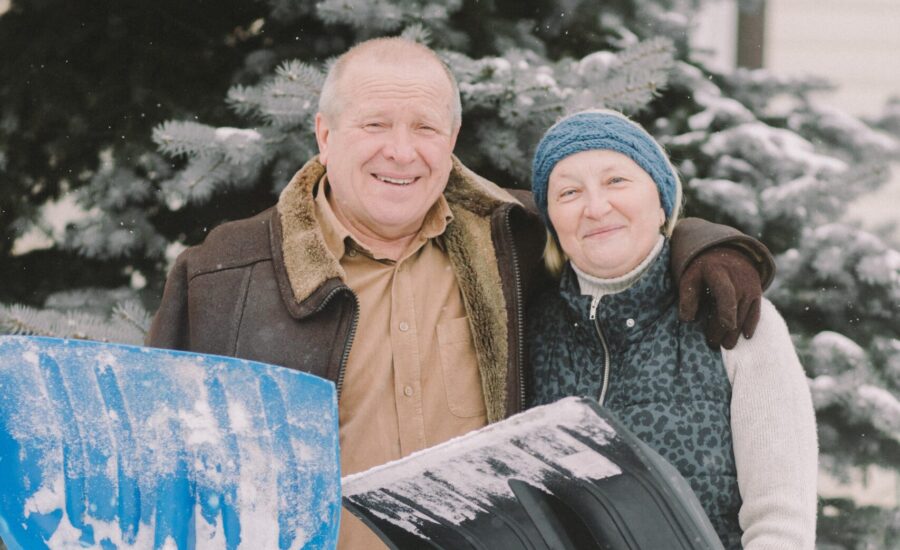Is probate an inevitable cost for a surviving spouse?
Sandra and her husband have lived in their principal residence for 40 years, but his is the only name on title. A financial planner looks at their options.
Advertisement
Sandra and her husband have lived in their principal residence for 40 years, but his is the only name on title. A financial planner looks at their options.

| $5 x $50 | = $250 |
| $15 x $800 | = $12,000 |
| Total | = $12,250 |
Share this article Share on Facebook Share on Twitter Share on Linkedin Share on Reddit Share on Email
Can I assume that if the house was purchased under the Land Titles System, the house value is included in the probate tax? (assuming that the house is under one spouse)
How did you calculate the following taxes:
-$850,000 RRIF: $415,659 in tax?
-$850,000 non-registered account with a capital gain of $200,000: $23,907 in tax? I assumed this one would be 1/2(200K) x 26% $26,000